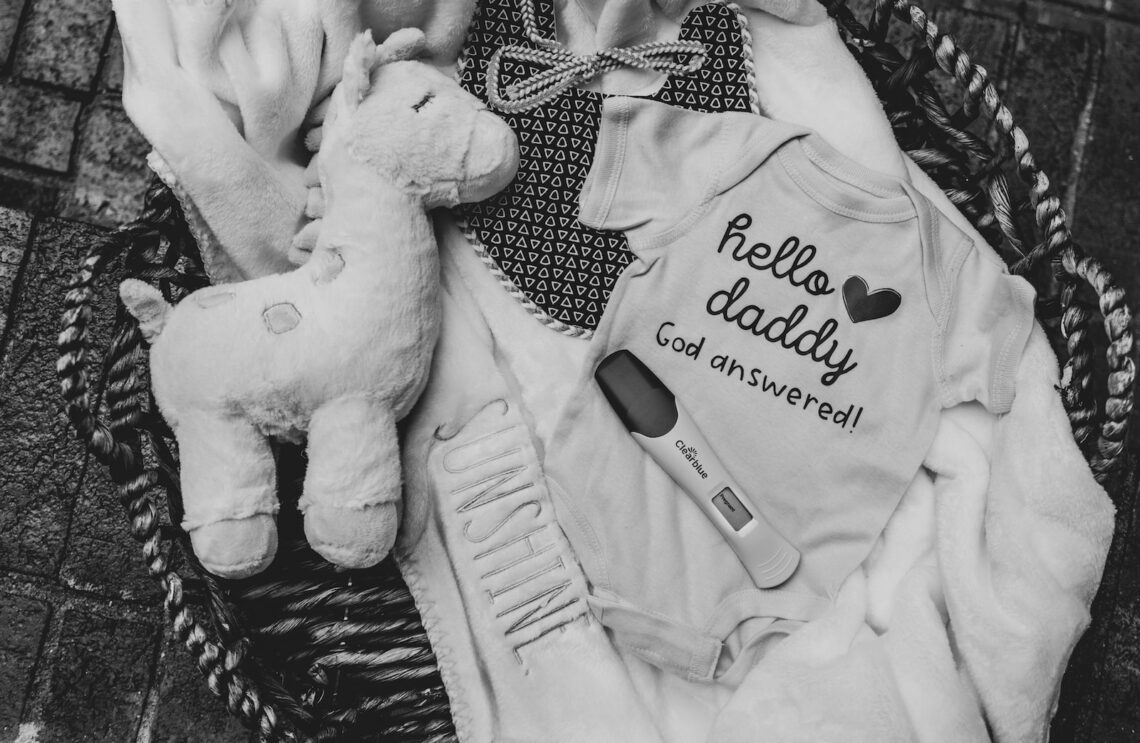Having sex on a regular basis can help increase your odds of getting pregnant, especially if you are consistent in using an ovulation predictor or fertility calculator. This helps you keep track of your ovulation cycle and see when you are most fertile.
Having sex daily during your fertile window — the days leading up to and including ovulation — gives you the best chance for conception.
During your fertile window
When trying to conceive, the best time for conception is during your fertile window. This is the period of time in a menstrual cycle that occurs when sperm and egg are most likely to fertilize one another. In most cases, this window is around the time of ovulation, which occurs approximately two weeks before your next period is due. It’s important to understand your fertile window if you want to get pregnant, especially if you use natural family planning.
To make the most of your fertile window, it’s recommended to have sex every day or every other day if possible. This will ensure that you have a high chance of getting pregnant. If this isn’t possible, try to have sex at least three times per week during this time frame. You should also use lubricant that’s labeled as “sperm-friendly” or made with a sperm-friendly ingredient like hydroxyethylcellulose.
Many couples who are trying to conceive fail to realize that they may be missing their fertile window. This is because they’re not calculating their ovulation time correctly, which is crucial to pregnancy success. A good ovulation tracker like Ovia Fertility can help you to pinpoint your ovulation date, so that you know exactly when you’re most fertile. It’s also a good idea to use backup birth control during your non-fertile window, just to be safe.
During your luteal phase
During the luteal phase, which is in the second half of the menstrual cycle, the body prepares itself for a possible pregnancy. This part of the cycle begins after ovulation, and ends with your monthly period. During this time, the uterus’s lining thickens and a woman can become pregnant.
Having sex regularly during this phase is important for couples who want to get pregnant, but it’s not the only way. Using an ovulation predictor kit can help you figure out when you are most fertile. These kits look like pregnancy tests, and detect a surge in luteinizing hormone, which is a sign of ovulation.
A woman’s egg can only survive for 12 to 24 hours after it’s released, so the best time for sperm to enter is in the three days leading up to ovulation. If you’re trying to get pregnant, doctors recommend having sex every other day during this time.
It’s also important to avoid having sex too much, because this can lower sperm count. In addition, having sex too often can cause the body to produce more progesterone, which reduces fertility. For this reason, doctors used to discourage couples from having sex every day. However, experts are now less concerned about the effects of frequent sex on fertility. Some couples even practice pillow therapy after sex, which involves propping up on pillows to facilitate sperm movement.
During your period
It’s possible to get pregnant after having sex during your period, but the odds are very low. This is because sperm can live for up to five days, and it takes at least 12 hours for an egg to become fertilized. In addition, most women don’t ovulate during their period. However, it is important to track your menstrual cycle, whether by using a menstrual chart or an ovulation predictor kit, and avoid unprotected sex during these days.
Generally, the best time for couples to have sex to conceive is during the fertile window, which includes the day of ovulation and the 5 days before it. However, it’s important to remember that sperm can survive for up to five days, so having sex several times per week is ideal, if possible.
The easiest way to determine your fertile window is to use an ovulation predictor kit, which looks like a pregnancy test and tests for luteinizing hormone (LH), a chemical that signals the start of ovulation. If you are unable to afford an ovulation predictor, there are some free options available. There are also plenty of other ways to prevent pregnancy, including barrier methods like condoms and diaphragms, hormonal birth control methods, such as the pill or implant, and intrauterine devices (IUDs). Talk to your doctor about which birth control method is best for you.
After your period
While you are most fertile just before and during ovulation, it’s possible to get pregnant at any time during the menstrual cycle. This is because sperm can survive in the body for up to seven days after your period.
One of the best ways to increase your chances of conceiving is by tracking your menstrual cycle and symptoms like cervical mucus (CM). This can help you pinpoint your ovulation window and when it’s most likely to occur. You can also track symptoms like changes in sex drive, mood or cervical fluid using an app or device designed to predict when you’ll ovulate.
Some people believe that having sex just after your period can improve fertility rates, but this is not backed by science. It’s more important to have sex during your fertile window.
It’s recommended that you have sex every other day or daily during your fertile window, the 4-5 days before ovulation and the 1 day following it. This creates the highest chances for conception, but it may not be realistic for some couples. If you can’t have sex daily during this time, don’t worry — you still have high chances of pregnancy. Just be sure to use protection when sexing outside of this time.

